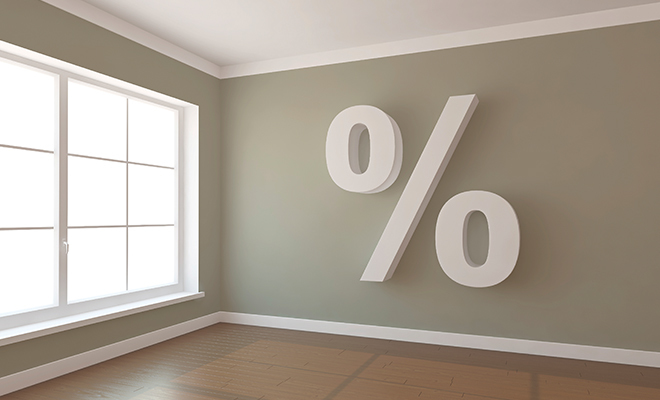
What Is the Market Value of Your Home?
Factors as obvious as the average crime rate and as surprising as location relative to busy intersections, the perceived success of the community’s school system or the quality of a view can have a bearing on a home’s fair market value.
Knowing the market value of your home is an important part of preparing to sell or refinance, but understanding how an appraiser determines the overall value of your home can be something of a challenge. This especially holds true for homeowners or prospective buyers who have reviewed the tax assessment value of a property, only to find it may differ from the appraised market value price by thousands of dollars. To better understand the market value of a home, it’s vital to first understand how the value is determined and the factors that can have an effect on the final total.
Fair Market Value versus Tax Assessment Value
“Fair market value” is a term used to describe the price for which a particular home should sell under normal market conditions. This is the price at which a buyer and seller with a reasonable amount of knowledge about property values in a given area could agree to a purchase arrangement, and can be determined by the location, condition and size of a home, as well as important market data metrics and the state of the housing market in the area in which the home is located.
Tax assessment value is typically determined as a percentage of fair market value, and may only be assessed every five to ten years by county or state government bodies. Reviewing tax valuation information for your own property or one you’re thinking of purchasing can give you a very basic estimate, but is not considered an accurate determination of the market value for several reasons. Long periods between reassessments may mean that newer property improvements are not reflected in the total value. In addition, the market value may escalate (or possibly shrink) between reassessments, and the tax valuation may not reflect this trend.
Exemptions on property taxes can also lower the overall tax assessed value. While the tax valuation of a property does factor into the market value determination made as part of an appraisal, it’s only one small part of a relatively lengthy process. In order to obtain more accurate information about the fair market value of your home or one in which you have an interest in purchasing, a professional appraisal is required.
What Is a Home Appraisal?
The best and most effective way of learning the overall market worth of a home is to obtain an appraisal from a licensed professional. A licensed appraiser will not only consider the condition and location of the home, but also current market trends in the immediate area. The home’s amenities, the number of bedrooms and bathrooms, and overall floor plan functionality will be assessed. Total square footage, along with the size of porches, garages and basements, which aren’t considered living space, will factor into the equation. Significant assets or upgrades such as pools, fireplaces and decks will also be reflected in the market value.
In the vast majority of cases, appraisers who evaluate single-family properties will use Fannie Mae’s Uniform Residential Appraisal Report to determine the fair market value of a home. In addition to sale prices of comparable homes recently completed in the nearby area, this report also asks appraisers to evaluate the neighborhood in which a home is located, the exterior of the property and the interior spaces. Needed repairs, both minor and major, will be reflected in the appraisal price, which is also affected by public land records, tax records and collected real estate market data throughout your area. If there are some home improvement projects you’ve been meaning to tackle, it’s wise to do so before obtaining an appraisal on your home so the most accurate value is reflected in the final report.
The physical condition, size and amenities of a home will play a significant role in determining market value, but the neighborhood where it’s located will also contribute to the number. Factors as obvious as the average crime rate and as surprising as location relative to busy intersections, the perceived success of the community’s school system or the quality of a view can have a bearing on a home’s fair market value.
Determining Market Value Yourself
If you’re looking for the market value of your home out of curiosity or as part of your personal financial planning process, it is possible for you to use these metrics to determine an estimated value of your home yourself. While doing so may give you some peace of mind and a sense of satisfaction, it will not be enough to obtain a mortgage or a home equity loan. Lenders use the market value of a property as part of the underwriting and loan approval process, and will require the figure to be calculated by a licensed professional. Even the most thorough and accurate do-it-yourself appraisal will be considered inefficient for the purposes of refinancing, taking out a second mortgage or obtaining a mortgage for a new home.
Sources: fanniemae.com, mortgagenewsdaily.com, realestate.com and voncannonrealestate.com







